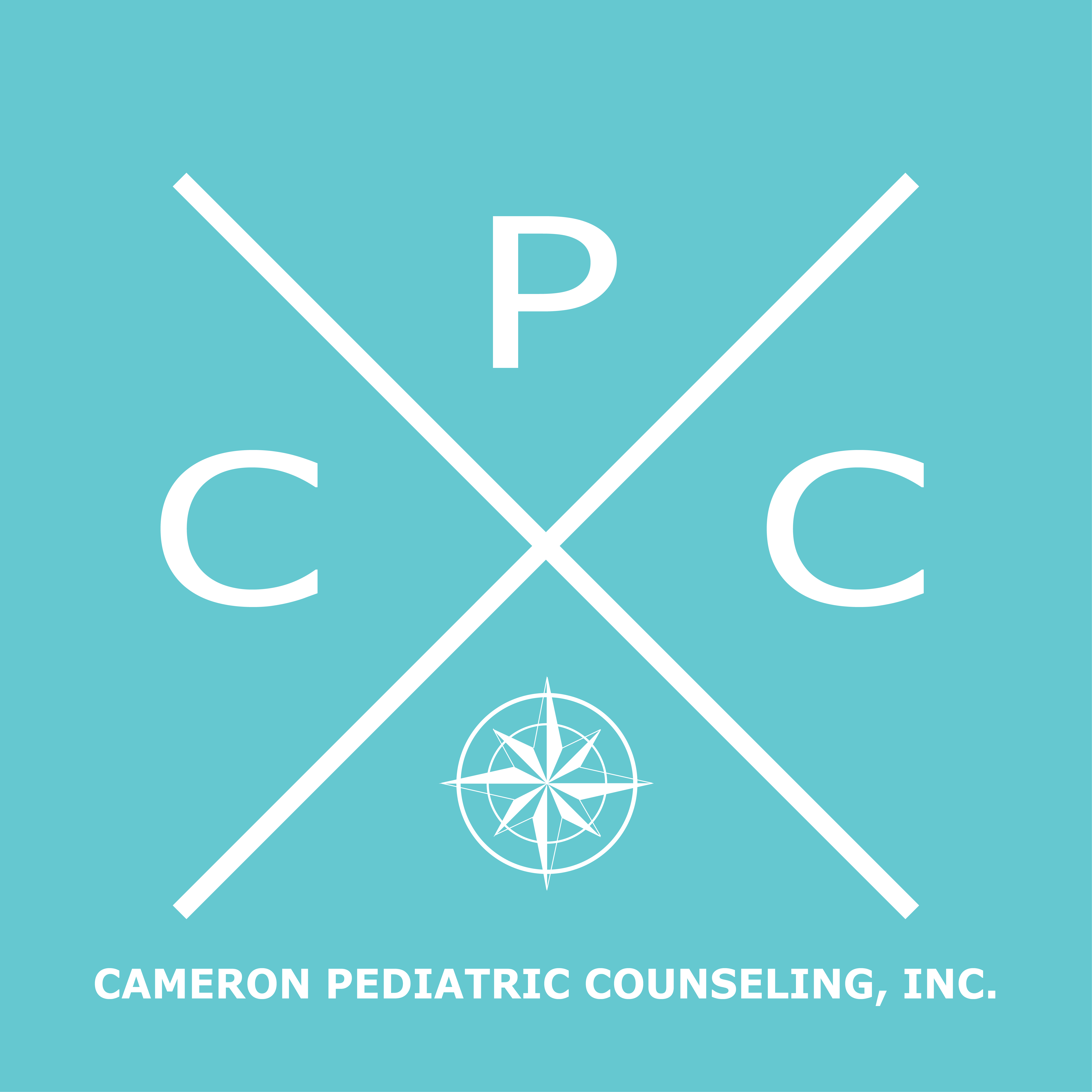Going to college is more than just your normal going back to school routine. This is a significant milestone in the life of a family and requires an adjustment on the part of the college student, family members, and friends. The transition to college is often a time when students develop a new balance between separateness and connectedness with family members and friends.
There are many ways you can help your teen prepare in advance for the transition as well. Independence is a skill that your teen will need to learn long before they get to college. Laying the groundwork starting while they are in high school will help get them on the right track. Start by teaching them how to do things on their own, such as:
- Doing their own laundry
- Making their own meals or assist with family meal planning/grocery shopping
- Keeping a daily schedule, including a positive sleep schedule
- If your teen is on medications, let them manage them (including the renewals)
- Have them make their own doctor appointments
- Teach them to manage their expenses and understand the importance of staying within a budget
Keep in mind, that once your child turns 18, they’ll be in charge of their own medical care and you’ll be legally cut off from accessing their medical records. If you want to stay involved, you’ll need them to sign a document giving you access to their medical information. The more you prepare them to get to this point, the easier this transition will be for them.
Good Mental Health starts early, build good routines and habits and stress the importance of keeping the routines once they transition to college:
- Exercise regularly
- Make sure to eat regularly and pay attention to your nutrition
- Interact/have contact with someone else, every day, don’t isolate yourself
- Learn/try something new, as often as possible
- Do something nice for yourself and do something nice for someone else, write in a journal
Talk to your teen openly in regard to new challenges they will face and be tempted with. They will be tempted, and they have adult decisions to make. Their first semester they may face many new challenges (such as being exposed to alcohol and illegal substances), developing good study habits in a new environment, time management, and adding in new social commitments. There are many ways your teen can handle these situations and their new found freedom, having an open dialogue with them prior to them being put in these situations and how to make a plan on how to deal with them and handle them when the situations do arise.
If your child is already in therapy, don’t assume their mental health and well-being will get better or their anxiety will go away once they start school. It is important to set up a smooth transition once your teen has chosen the school they are going to attend. We feel it is very important to keep in contact with our clients and ensure that they don’t feel abandoned and know that they have a consistent resource they can turn to during all this change and transition. We are only a Skype or FaceTime call away. We can assist you in finding a counselor close to campus once you feel ready to make that transition. It might help to do some research beforehand to see what services are available at the school your teen will be attending to know what options are available.
At Cameron Pediatric Counseling, we are here to help make the transition as smooth as possible, we will work with you and your teen to make a plan to cover all the bases. We also ensure we are available, and remotely keep our sessions going until your teen is comfortable transitioning to a counselor closer to school.
There are also ways to Protect Your Investment, even the highest-quality college mental health care program can’t guarantee your child will succeed in school. You may want to consider investing in tuition insurance. Many policies will cover the costs if your child has to withdraw early, ensure you check to make sure mental health issues are included.
